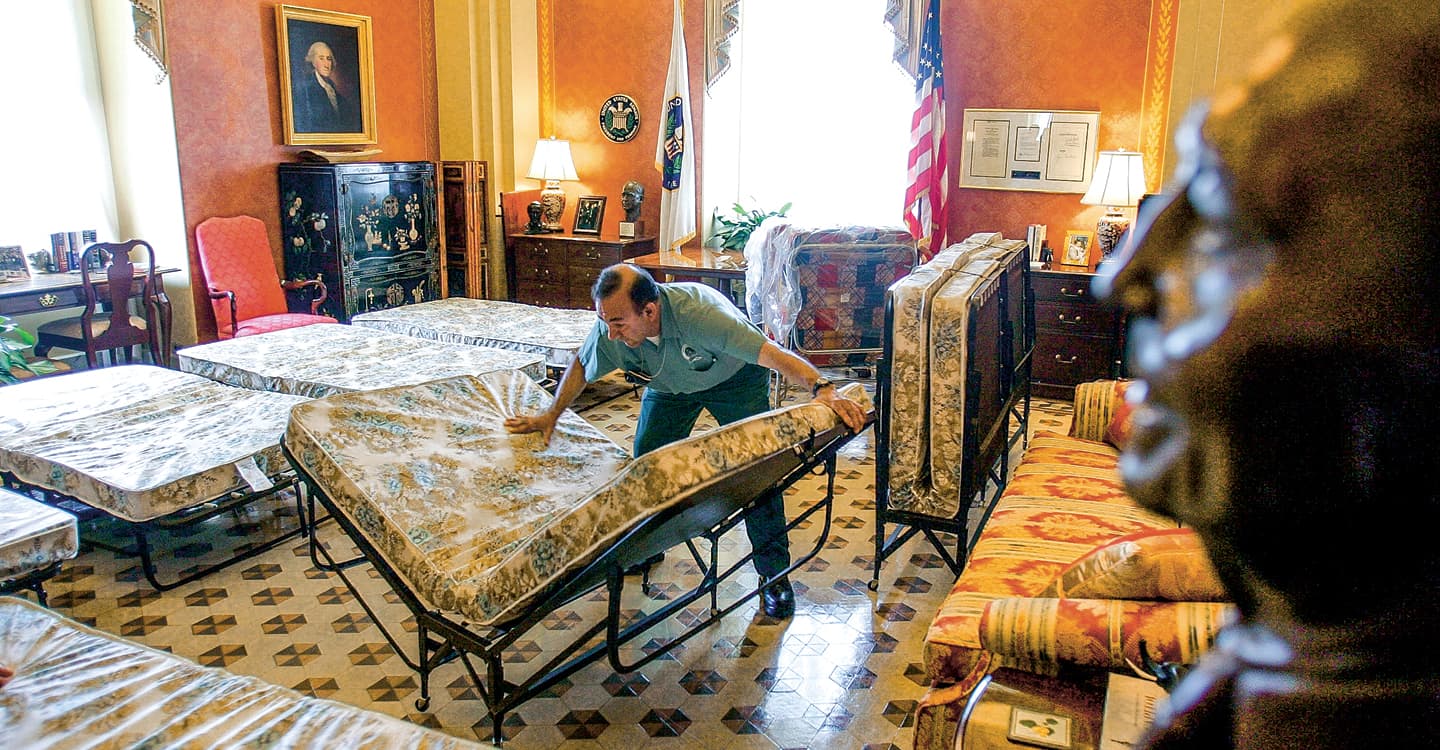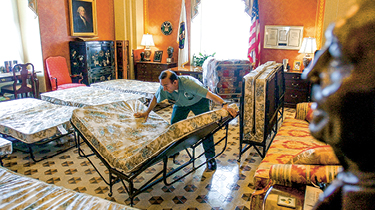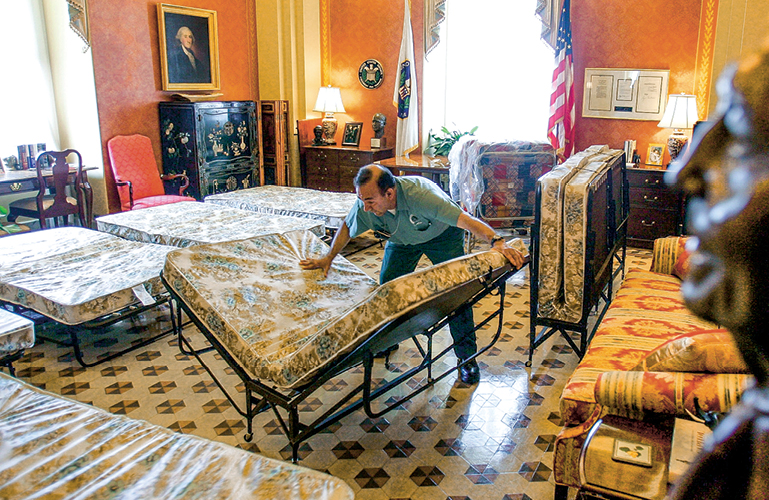The Senate was designed to serve as the slower, more deliberative body of the U.S. Congress. But what’s happening today is a far cry from what the Framers intended, and that’s because of a procedural rule known as the filibuster.
Not part of the Framers’ original vision, the filibuster was created in 1917. The recent abuse of the filibuster rule means that virtually all Senate business requires 60 of the 100 senators’ votes to proceed. This means a simple majority isn’t enough to advance even the most bipartisan legislation. The result has been gridlock.
The Senate is now a place where the most pressing issues facing our country are ignored, along with the will of the American people overwhelmingly calling for action.
Something must change. That’s why I’m now calling on the Senate to abolish the filibuster in all its forms.
It’s time to allow a simple majority vote instead of the 60-vote threshold now required. When the American people demand change and elect a new Senate, a new majority leader must be able to respond to that call and pass legislation.



